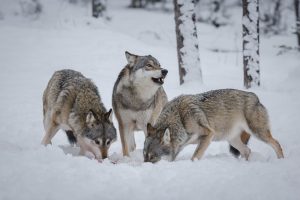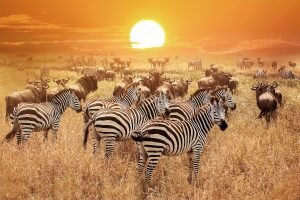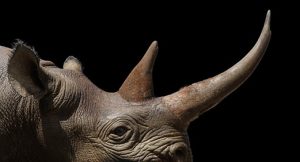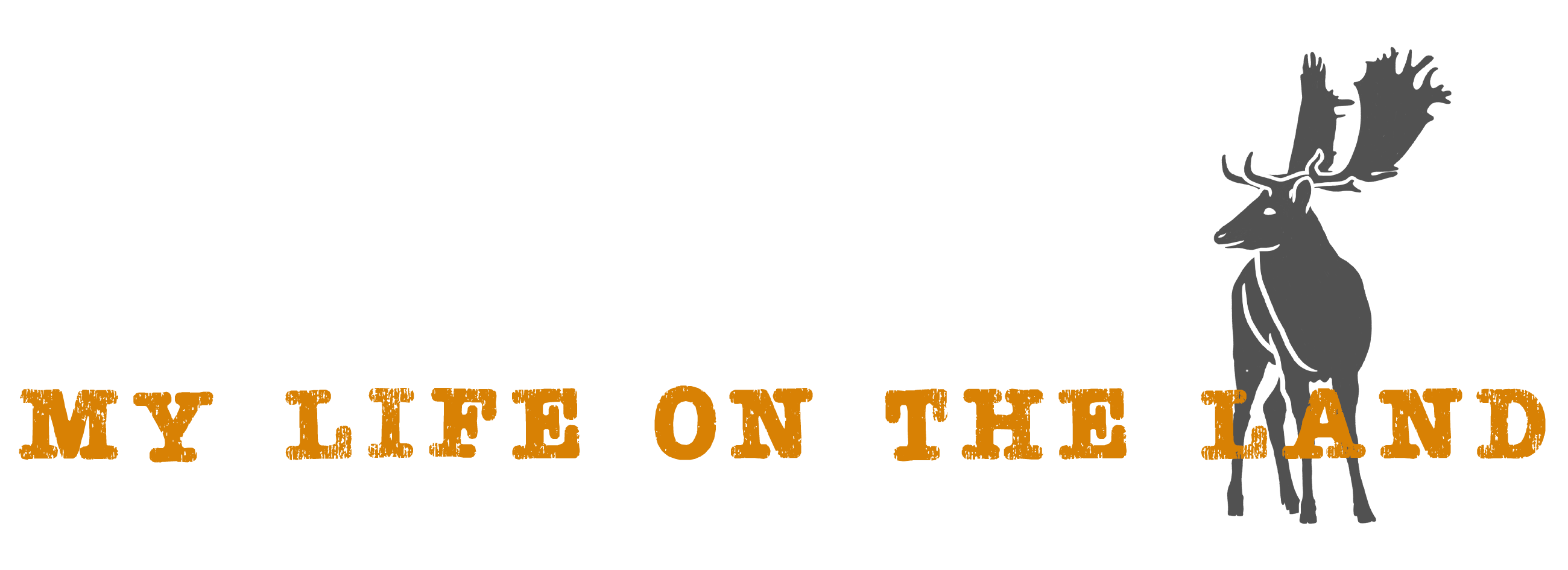Hunters have plenty of enemies in today’s PC, take-offense-at-everything culture. Anti-hunters, angry vegans, and opinionated celebrities, like Ricky Gervais, constantly bombard hunters with vile threats and hate on social media.

So as hunters, what should we do when we face opposition online?
For us, we take a leaf out of Winston Churchill’s book. We don’t get upset by it. We see it as a good thing, because having enemies means we’re standing up for something we believe in.

Most anti-hunting posts are based on emotion, not fact. They are made by people that don’t understand our way of life. They think hunters are cruel, nasty hillbillies that prey on poor defenseless animals. They think hunters hate animals, and want to see the species decimated. What they don’t understand is the love we have for the animals we take. Whether for trophy or meat hunting, we have great respect for the life that is sacrificed and practice our butts off trying to make sure we make the most ethical shot to take the animal as quickly as possible.

Hunters believe animal populations need to be kept at a level that is stable, manageable and sustainable. While hunters are often blamed for animal species being threatened, most hunters invest time, money and effort into ensuring that animals are around for generations to come. And it’s not just animals that we hunt either. There are positive, flow on effects for all animal species.
For instance, when we hunt feral cats and foxes, it has a direct impact on hundreds of threatened and endangered species that are the favourite prey of cats and foxes.
In America, hunters raise 60 percent of all funding for wildlife, with this money paying for the regeneration and restoration of millions of acres of wilderness and wetlands.
The common argument we hear from anti-hunters is that humans have ruined the natural order of things, and that if we just leave nature alone, it will take care of itself.
This really is such a flawed concept that is all kinds of wrong!
Firstly, humans have been maintaining the natural balance of nature for thousands of years. The last time nature took care of itself was when dinosaurs roamed the earth and that ended with a meteor correcting the balance, so this Utopian nature they have imagined has never existed.
Secondly, the very idea that humans are somehow removed from nature is itself flawed logic. They talk of humans like we’re an alien race that invaded earth and ruined it in the process. This is probably the one time that we agree with Disney – that we’re all part of the great circle of life. Do we need balance? Yes. Can humans just continue to rape and pillage nature carelessly? No. But does that mean that we cannot use nature as a sustainable resource? Absolutely not. Just as animals eat other animals, we are also sustained by animals, and require them for our very survival.
Our role is to be wise stewards of nature, and to manage it in such a way that has the best outcomes for all the species within a given habitat.
A great example of this is the gray wolf issue around the Northwestern United States.

In the early 1900s, wolves had completely disappeared from Montana. In the 1980s and 90s, the species was reintroduced to the area through a capture and release program. Over the next 20 years, the wolf population grew, reaching a level that had a detrimental impact on the elk in the area, and resulted in a dramatic decline in the population of elk. As you could imagine, this is not good for elk or wolves – the elk cannot replenish their numbers (almost 50 percent of their young are killed every season by wolves) and the wolves end up starving themselves by wiping out their main food source.
Montana Fish, Wildlife and Parks worked with scientists to devise a conservation and management plan that keeps the wolf off the federal endangered list while maintaining the population at a manageable level through the sale of a limited number of hunting licences. This regulates the impact the wolves have on game populations and livestock.

The sad thing is the facts usually aren’t taken into consideration when the anti-hunters put up a fight. Emotions come into play and all that seems to matter is that a life is taken. What they don’t realise is to us it’s much, much more than just a life being taken.
It’s a family fed, memories made, and countless more animals living through responsible conservation.
Last year alone the state of Montana made $380,261 in license sales for wolf hunting. Montana Fish, Wildlife and Game use the money they receive from hunting licences to pay for conservation projects as well as law enforcement, Hunter Education, and other programs that protect and preserve wild animals.
So the anti-hunters and angry vegans can throw their hate and ignorance at us. We’re proud to be hunters, even if that means making a few enemies along the way. It doesn’t mean we have to be victims of their bullying. That’s what social media has block and delete functionality for. But that’s a whole different article.
Help us keep hunting alive
I Am Hunter has a passion to keep hunting alive. We use education and advocacy to demonstrate the positive benefits of ethical, fair-chase hunting to all society, not just hunters.
We can provide this content free to the public thanks to the generous support of our awesome members.
For less than 50c a day, members help support the fight to keep hunting alive by spreading a positive message about hunting to the wider community. In return, members get access to exclusive member rewards.

Do people really hunt zebra?
There’s no denying zebra are iconic to the African continent. It’s hard to think about Africa without imagining a herd of black and white striped zebra grazing across the open plains. Maybe that’s why some find it so hard to imagine why anyone could want to kill one. After all, why would anyone want to hunt a zebra? In this article, we’ll explore some of the common questions people have about hunting zebra and look at how hunting and conservation often go hand-in-hand.

Activists fail to save a rhinoceros and 10 giraffes
What happens when the world’s most vocal anti-hunting celebrities and animal activists are invited to save a rare rhinoceros and 10 Angolan giraffes from being hunted? Nothing. That’s right – they did not lift a finger and failed to save the wildlife.
